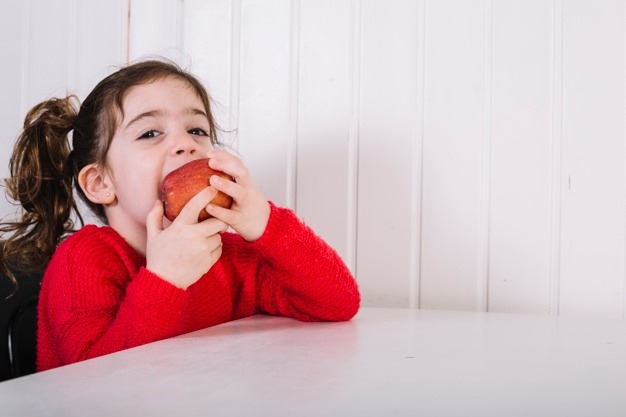
The Effect of Pesticides on Young Children
30 Jan 2020 | 3 min Read
sush
Author | 45 Articles
Consuming organic and healthy food is the first step towards a healthy lifestyle. It is challenging to add fruits and veggies in diet when you are scurrying to and from between office and home. As per the EPA (Environmental Protection Agency), newborn children and kids are more prone to the risks posed by pesticides. One of the purposes behind this concern, the EPA says, is that their inner organs are developing. Another explanation is that corresponding to their body weight, youngsters eat and drink more than grown-ups do, which makes them more exposed to pesticides. Likewise, kids’ exposure to pesticides is expanded when they have the urge to chew toys, play on floors, lawns, etc.
One of the universities of California suggested that lower IQ levels in children are a result of prenatal exposure to pesticides. The study measured the pesticide levels in the urine of a pregnant mother and found a 7 point IQ deficit in kids whose mothers were exposed to very high levels of pesticides. Woah! So your intake of food, heavily treated with pesticides can play a big role in affecting the IQ of your kid. All pesticides have some level of toxins and pose a threat to both kids and adults. The more pesticide your child is exposed to, the more risk is associated with it.
POISONING
A child’s ability to cope up with pesticide differs from that of an adult. Their organs are still developing and our system is more developed to deal with toxins. As they develop, kids’ minds and bodies experience complex changes that influence tissue development and organ advancement. Incidents of exposure that would be endured by grown-ups, can make irreversible harm to unborn children, babies and young people. If your child shows any signs of pesticide poisoning, reach out to your doctor immediately.
MEASURES TO BE TAKEN TO REDUCE THE EXPOSURE TO PESTICIDES:
Avoiding your daily intake of foods that have a very high level of pesticides helps you and your little one take a first step towards a healthy life. The real question is How? Here are a few tips that are stated to help you cut down on heavily pesticide foods and products.
1. Pledge to always choose organic over heavy pesticide products. This one small step can drastically reduce your exposure to pesticides. Heavy pesticide foods come under the category of “dirt dozen” and these foods should never be a part of your kid’s diet. You can choose organic food like potatoes, strawberries, lettuce and other green veggies, etc. Foods that are least contaminated are edible and come under the category “clean fifteen.”
2. Washing fruits and veggies under running water thoroughly before consuming them. Washing also removes bacteria like E.Coli from the surface of fruits and vegetables and makes it safe to eat.
3. Frequently wash children’s toys, crockery, hands and bottles. Washing hands with soap or hand sanitizer may not always work as the bacteria is still lingering on the toys your baby plays with often. It is advisable to clean the floors to negate the exposure to pesticides and other chemicals.
A


Related Topics for you
Suggestions offered by doctors on BabyChakra are of advisory nature i.e., for educational and informational purposes only. Content posted on, created for, or compiled by BabyChakra is not intended or designed to replace your doctor's independent judgment about any symptom, condition, or the appropriateness or risks of a procedure or treatment for a given person.
